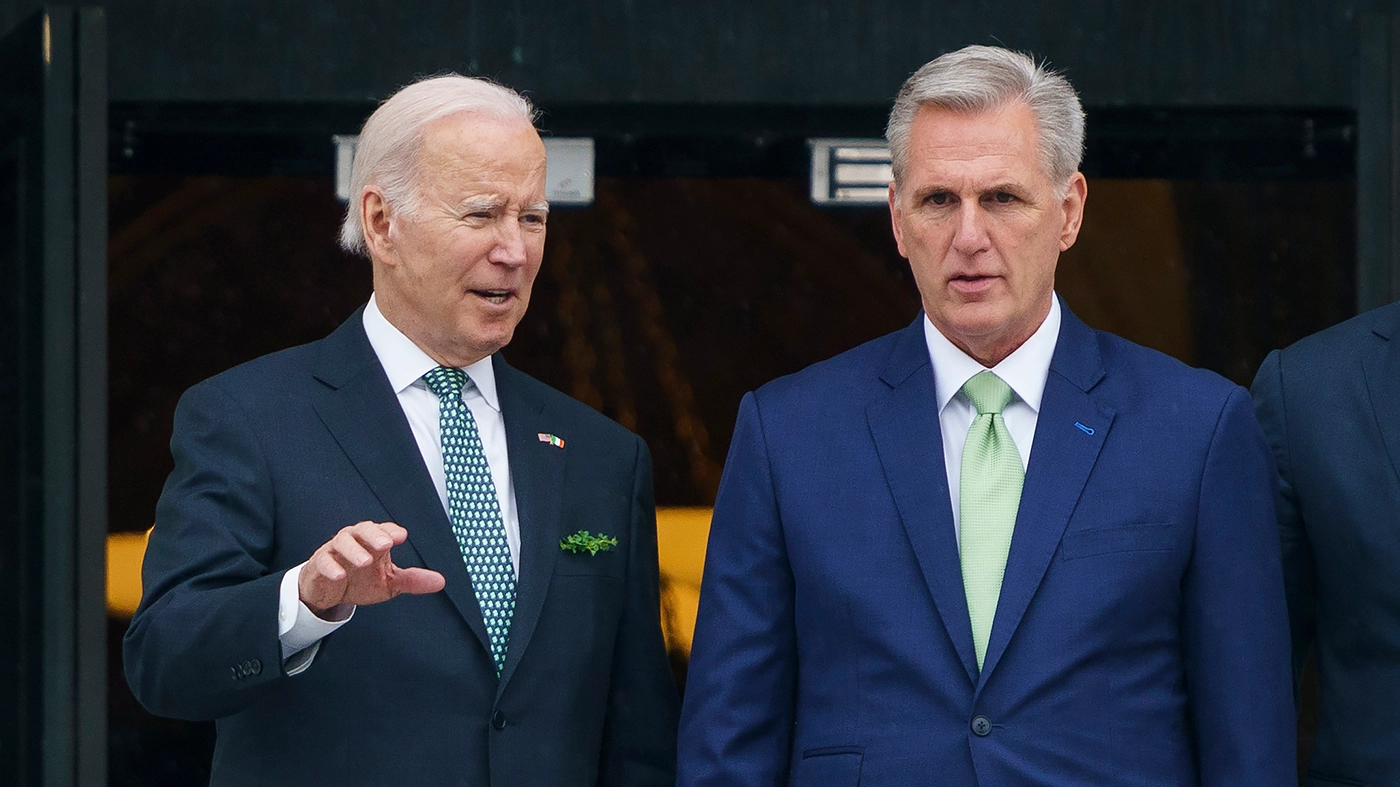The New Debt Ceiling Agreement: A Disheartening Burden on the American People and Undocumented Indi
- Abraham Barajas

- May 31, 2023
- 3 min read
In recent news, the debt ceiling agreement reached between President Biden and House Speaker Kevin McCarthy has sparked significant concern among the American people. While the government's need to address the national debt is understandable, the chosen approach has raised questions about its impact on the most vulnerable populations, including young individuals, small businesses, and undocumented immigrants. This blog post will delve into the consequences of this agreement, which will see the resumption of student loan repayments and reductions in social services such as food stamps, amidst a rising cost of living. We will explore the missed opportunity to prioritize taxing higher net worth companies and individuals, ultimately burdening those who can least afford it.
1. The Resumption of Student Loans:
One of the most disheartening aspects of the new debt ceiling agreement is the resumption of student loan repayments. With the average student loan debt reaching alarming levels, this decision adds to the financial strain experienced by millions of young Americans. It places a significant burden on recent graduates who are already struggling to find stable employment opportunities. Rather than providing relief or exploring alternative solutions, the agreement exacerbates the challenges faced by these individuals, hindering their ability to contribute to the economy and establish themselves financially.
2. Reductions in Social Services:
Equally concerning is the reduction in social services, such as food stamps, as a result of the debt ceiling agreement. These services are crucial for vulnerable individuals and families who rely on them to meet their basic needs. With the cost of living steadily increasing, cutting back on social safety nets only deepens the inequality gap and threatens the well-being of those already living on the margins. The decision to reduce support for essential services undermines the principles of compassion and empathy that should be at the core of any society.
3. Missed Opportunities for Taxing Higher
Net Worth Companies and Individuals:
Rather than solely relying on the most vulnerable members of society to shoulder the burden, the government should explore alternative avenues to address the national debt. One missed opportunity lies in taxing higher net worth companies and individuals more equitably. By ensuring that those who have benefitted most from the economy contribute their fair share, the government could alleviate the pressure on struggling individuals and small businesses. This approach would promote a more just and inclusive society, one that values the collective well-being of its citizens.
4. Impact on Undocumented Individuals:
Undocumented individuals, already facing numerous challenges, are disproportionately affected by this debt ceiling agreement. These individuals often lack access to government assistance and are unable to benefit from social services. By further reducing support systems, the government risks pushing undocumented individuals deeper into the shadows and exacerbating their vulnerabilities. Fostering an inclusive society requires recognizing the humanity and potential of all individuals, regardless of their immigration status.
The new debt ceiling agreement between President Biden and House Speaker Kevin McCarthy has raised serious concerns about its impact on the American people, particularly the most vulnerable among us. Resuming student loan repayments and reducing social services perpetuate the cycle of financial insecurity and deepen inequality. It is crucial for the government to explore alternative solutions that prioritize taxing higher net worth companies and individuals, ensuring a fairer distribution of the burden. By doing so, we can work towards a society that upholds the principles of compassion, justice, and inclusivity for all its members.



Comments